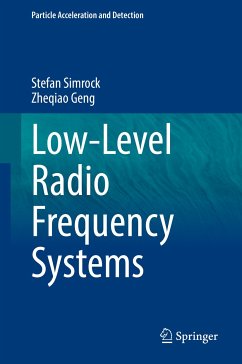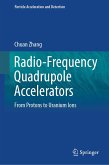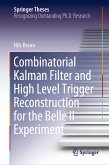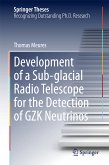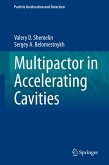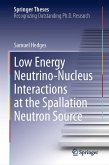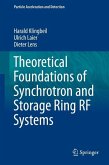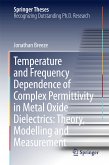Today, accelerators require increased RF stability and more complex operation scenarios, such as providing beam for different beam lines with various parameters, and as a result LLRF systems are becoming more critical and complex. This means that LLRF system developers need have extensive knowledge of the entire accelerator complex and a wide range of other areas, including RF and digital signal processing, noise analysis, accelerator physics and systems engineering.
Providing a comprehensive introduction to the basic theories, algorithms and technologies, this book enables LLRF system developers to systematically gain the knowledge required to specify, design and implement LLRF systems and integrate them with beam acceleration. It is intended for graduate students, professional engineers and researchers in accelerator physics.
Dieser Download kann aus rechtlichen Gründen nur mit Rechnungsadresse in A, B, BG, CY, CZ, D, DK, EW, E, FIN, F, GR, HR, H, IRL, I, LT, L, LR, M, NL, PL, P, R, S, SLO, SK ausgeliefert werden.

